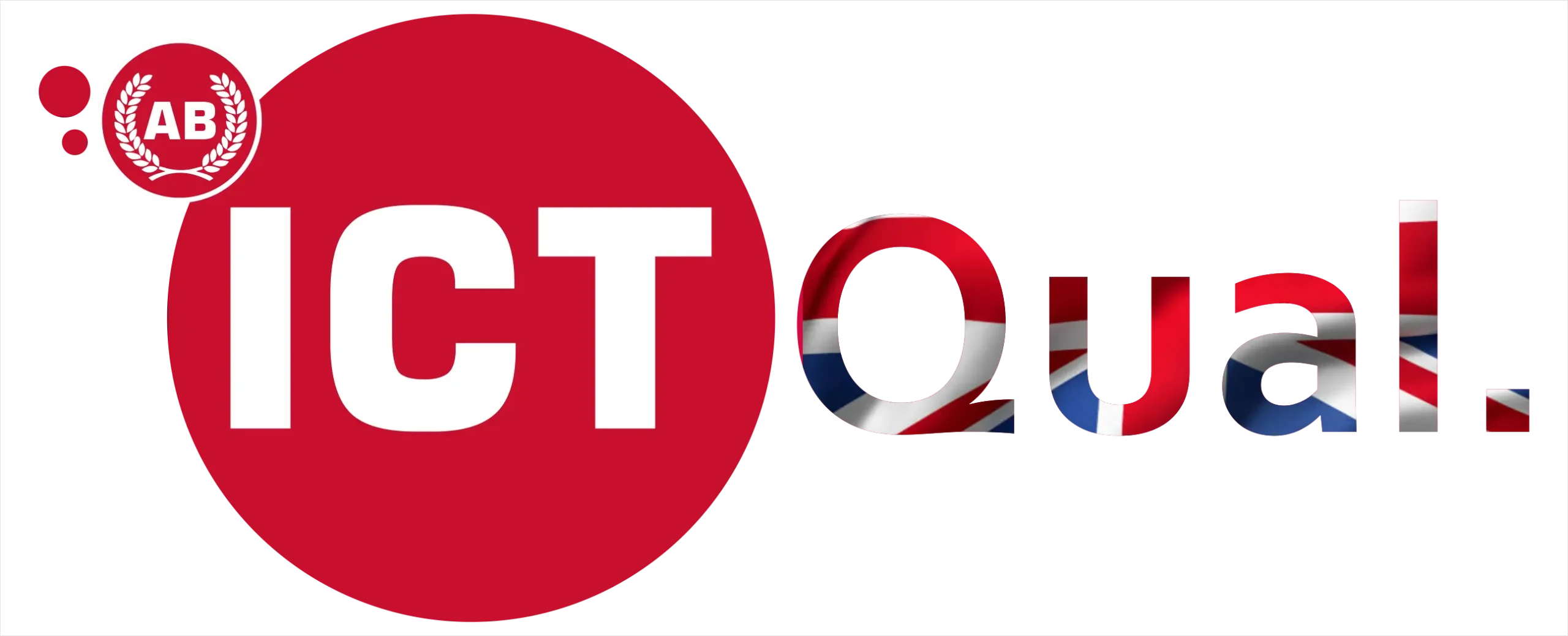ICTQual Certificate in Senior Certified Welding Inspector (SCWI) (Refresher)
In the dynamic field of welding inspection, staying current with evolving standards and practices is crucial for professionals aiming to excel in their careers. The ICTQual Certificate in Senior Certified Welding Inspector (SCWI) offers a robust refresher course designed to equip experienced welding inspectors with updated knowledge and skills necessary for maintaining certification and achieving excellence in their roles.
Participating in the ICTQual Certificate in SCWI refresher course offers numerous benefits, Enhanced skills and updated knowledge make SCWIs more competitive in the job market. Clients and employers value certified professionals who are committed to ongoing learning and excellence. Interacting with peers and industry experts during the course allows SCWIs to expand their professional network and exchange insights.
The ICTQual Certificate in Senior Certified Welding Inspector (SCWI) refresher course is a vital resource for welding professionals aiming to maintain their certification, stay abreast of industry advancements, and elevate their careers. By investing in continuous education and skill development, SCWIs uphold the highest standards of quality and safety in welding inspection, contributing to the overall excellence of the industry.
Certificate in Senior Certified Welding Inspector (SCWI) (Refresher)
Entry requirements for an ICTQual Certificate in Senior Certified Welding Inspector (SCWI) (Refresher) may vary depending on the institution offering the program. However, typical entry requirements for such a course may include:
Learning Outcomes for the Study Units:
Advanced Welding Techniques and Processes
- Mastery of Advanced Techniques: Gain proficiency in advanced welding methods such as TIG, MIG, and submerged arc welding, enabling precise control and application in diverse industrial contexts.
- Optimized Inspection Practices: Develop skills to assess weld quality effectively, considering the specific challenges and nuances posed by advanced welding techniques.
- Adaptability and Innovation: Acquire the ability to adapt inspection methodologies to emerging welding technologies, fostering innovation and continuous improvement in inspection processes.
Welding Codes and Standards
- Comprehensive Understanding: Demonstrate a thorough comprehension of current welding codes and standards issued by leading organizations like ASME, AWS, and ISO.
- Application of Regulatory Knowledge: Apply regulatory knowledge to interpret and enforce welding codes accurately during inspection processes, ensuring compliance and quality assurance.
- Risk Mitigation: Identify potential compliance risks and implement preventive measures to maintain adherence to applicable standards, minimizing operational risks and ensuring safety and reliability.
Safety in Welding Operations
- Safety Protocol Adherence: Implement and enforce stringent safety protocols essential for protecting personnel and mitigating hazards associated with welding operations.
- Emergency Response Preparedness: Develop readiness in emergency response procedures, ensuring swift and effective actions in critical situations to safeguard personnel and assets.
- Cultural Safety Awareness: Foster a culture of safety awareness among team members, promoting proactive measures and continuous improvement in safety practices within the workplace.
Quality Assurance and Control
- Quality Management Proficiency: Demonstrate expertise in implementing quality assurance measures to uphold high standards in welding inspection and operational excellence.
- Precision in Inspection: Conduct thorough inspections and quality assessments, adhering to established criteria and standards to ensure weld integrity and performance reliability.
- Continuous Improvement: Engage in continuous learning and process refinement to optimize quality control practices, enhancing overall efficiency and effectiveness in welding operations.
Ethics and Professionalism
- Integrity and Accountability: Uphold ethical standards and professional integrity in all aspects of welding inspection, ensuring fairness, honesty, and transparency in decision-making processes.
- Effective Communication: Develop strong communication skills to interact professionally with stakeholders, fostering trust and collaboration across diverse organizational settings.
- Conflict Resolution: Navigate ethical dilemmas and resolve conflicts constructively, maintaining professionalism and promoting harmonious relationships within the workplace and industry.
Future Progression for ICTQual Certificate in Senior Certified Welding Inspector (SCWI) (Refresher):
1. Specialization in Advanced Welding Techniques:
- Advanced Certifications: Pursue specialized certifications in specific advanced welding techniques such as robotic welding, laser welding, or friction stir welding. This specialization can enhance expertise and open doors to roles requiring specialized knowledge.
- Research and Development: Explore opportunities in research and development (R&D) departments of welding equipment manufacturers or industrial firms, contributing to the innovation and advancement of welding technologies.
2. Leadership and Management Roles:
- Supervisory Positions: Progress into supervisory or managerial roles within welding inspection teams or quality assurance departments, overseeing operations, and ensuring compliance with industry standards.
- Project Management: Apply skills in project management to lead large-scale welding projects, coordinating resources, and timelines, and ensuring adherence to budgetary and quality requirements.
3. Consultancy and Training:
- Consultancy Services: Offer consultancy services to industries seeking expertise in welding inspection practices, guiding compliance, quality assurance, and operational efficiency.
- Training and Education: Become a certified trainer or educator in welding inspection, sharing knowledge and skills with aspiring inspectors or conducting workshops on advanced welding techniques and safety protocols.
4. Quality Assurance and Regulatory Compliance:
- Quality Assurance Specialist: Focus on quality assurance and regulatory compliance roles within industries such as aerospace, automotive, oil, and gas, ensuring adherence to stringent standards and regulations.
- Auditing and Compliance: Pursue opportunities in auditing firms or regulatory agencies, conducting audits and assessments to verify compliance with welding codes and industry standards.
5. Continuous Professional Development:
- Continued Education: Engage in ongoing professional development by attending workshops, seminars, and advanced training programs to stay updated with evolving welding technologies and industry best practices.
- Certification Renewal and Maintenance: Maintain SCWI certification through continued education and participation in refresher courses, demonstrating a commitment to professional growth and excellence in welding inspection.
The ICTQual Certificate in SCWI refresher course serves as a solid foundation for advancing careers in welding inspection, offering pathways to specialize in advanced techniques, assume leadership roles, provide consultancy, ensure quality assurance, and engage in continuous professional development. By leveraging acquired skills and knowledge, participants can navigate diverse career opportunities and contribute effectively to the advancement and safety of welding practices globally.
